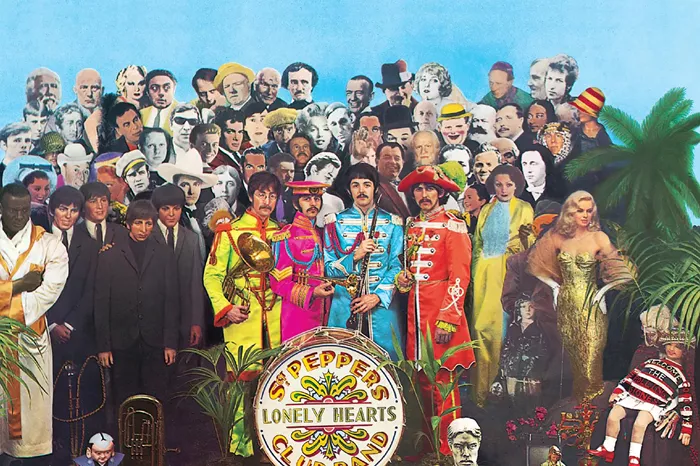June 8th is a date etched into the annals of history, marked by a diverse array of events that have shaped the course of human civilization. From pivotal battles and political upheavals to groundbreaking discoveries and cultural milestones, the events of this day offer a window into the complexities of our shared past. By examining these occurrences, we gain valuable insights into the forces that have shaped our world.
793: Viking Raid on Lindisfarne
One of the earliest recorded events on June 8th occurred in the year 793 when Viking raiders launched an attack on the monastery of Lindisfarne in Northumbria, England. This raid is often cited as the beginning of the Viking Age—a period of Scandinavian expansion and exploration that had profound consequences for Europe and beyond.
The raid on Lindisfarne shocked Christian Europe and marked the onset of centuries of Viking incursions, colonization, and trade across Europe, Asia, and North America. The impact of the Vikings on European history, from their establishment of settlements in places like Normandy to their role in shaping medieval trade networks, is profound and enduring.
1861: Battle of Big Bethel
On June 8th, 1861, during the American Civil War, the Battle of Big Bethel took place in Virginia. It was one of the earliest significant engagements of the war and resulted in a Confederate victory. The battle demonstrated the complexities and challenges of modern warfare, with both sides employing new tactics and technologies.
While relatively small in scale compared to later battles of the Civil War, the Battle of Big Bethel foreshadowed the long and bloody conflict that would consume the United States for the next four years. It highlighted the strategic importance of controlling key transportation routes and demonstrated the determination and resilience of both Union and Confederate forces.
See also: What Happened on May 28 in History?
1867: Charles Darwin’s “Variation of Animals and Plants Under Domestication” Published
On June 8th, 1867, the second volume of Charles Darwin’s seminal work, “The Variation of Animals and Plants Under Domestication,” was published. Building on his groundbreaking theory of evolution by natural selection outlined in “On the Origin of Species,” Darwin’s work explored how humans have selectively bred plants and animals for desirable traits.
Darwin’s research laid the foundation for the field of evolutionary biology and revolutionized our understanding of the natural world. His theories challenged prevailing religious and scientific beliefs and sparked intense debate that continues to this day. Darwin’s contributions to science have had a lasting impact on fields ranging from genetics to ecology and continue to shape our understanding of life on Earth.
1967: The Beatles’ “Sgt. Pepper’s Lonely Hearts Club Band” Released
On June 8th, 1967, The Beatles released their eighth studio album, “Sgt. Pepper’s Lonely Hearts Club Band,” in the United Kingdom. Widely regarded as one of the greatest albums of all time, “Sgt. Pepper” marked a turning point in popular music and cultural history.
The album’s innovative use of studio techniques, experimental soundscapes, and eclectic musical styles challenged conventional notions of what a rock album could be. Its release coincided with the height of the psychedelic era and became a cultural touchstone for the burgeoning counterculture movement of the 1960s. “Sgt. Pepper” remains a timeless masterpiece that continues to inspire artists and musicians across generations.
Conclusion
June 8th is a date imbued with historical significance, encompassing events that have shaped the trajectory of human civilization in profound ways. From Viking raids and Civil War battles to scientific discoveries and iconic cultural achievements, the events of this day offer a glimpse into the tapestry of our shared past. By commemorating these events, we honor the diverse narratives that have contributed to the rich tapestry of human history.

